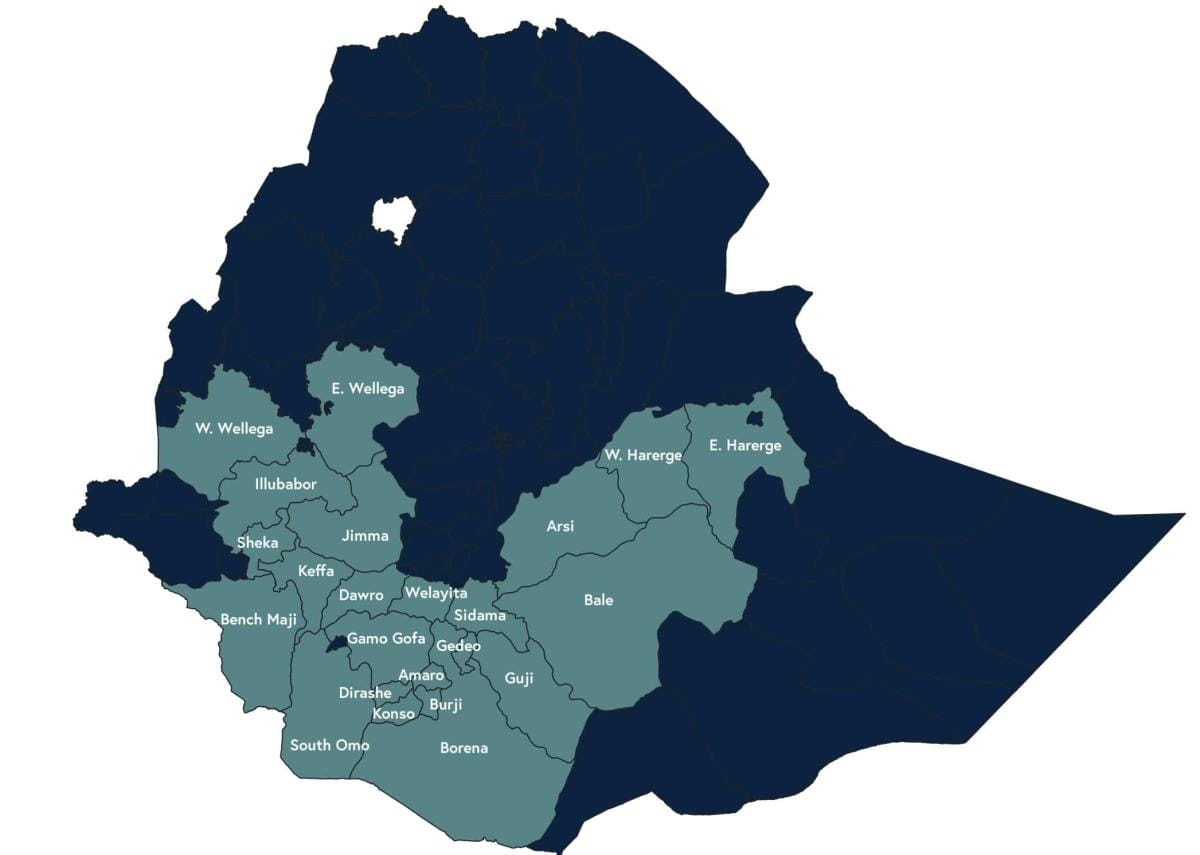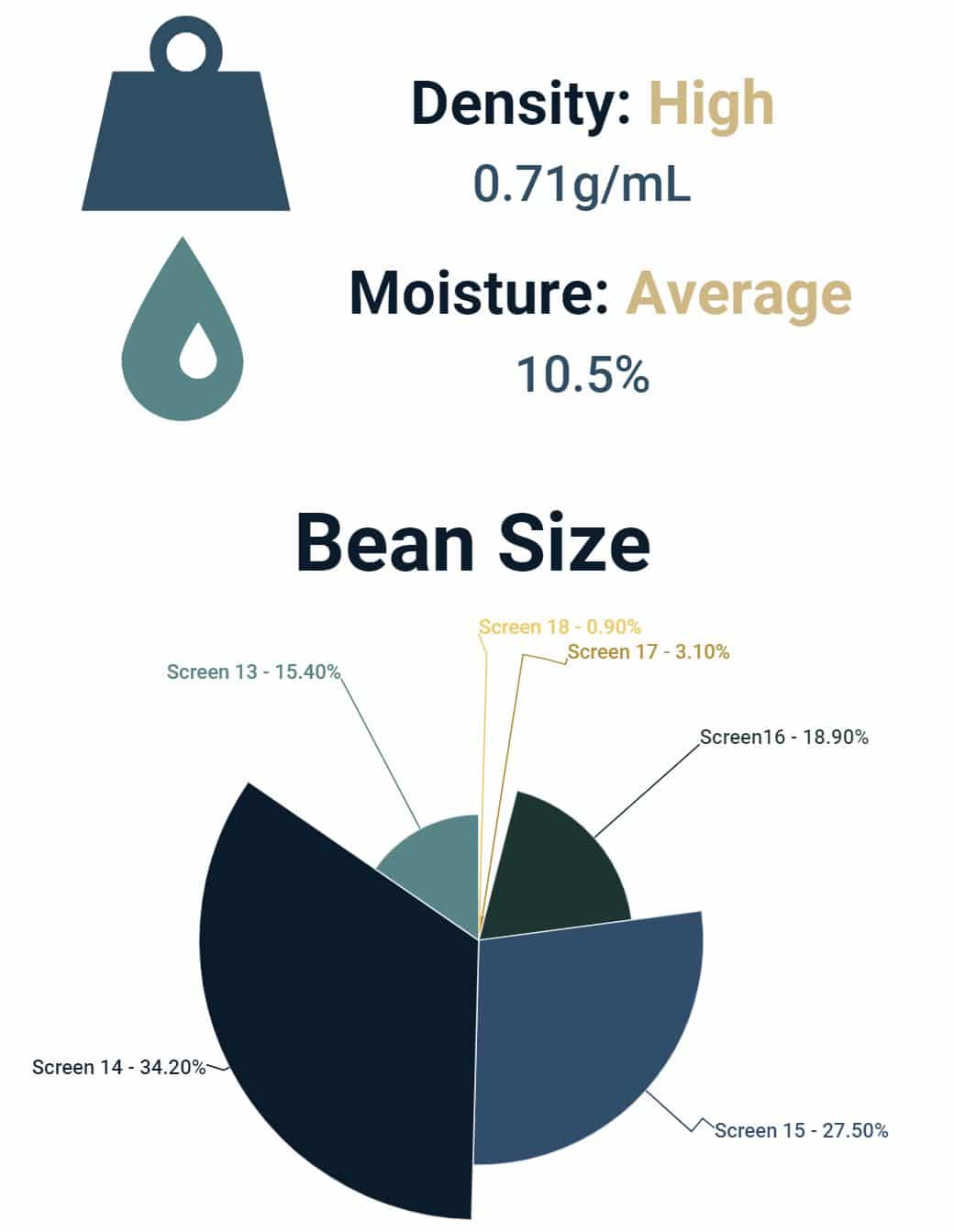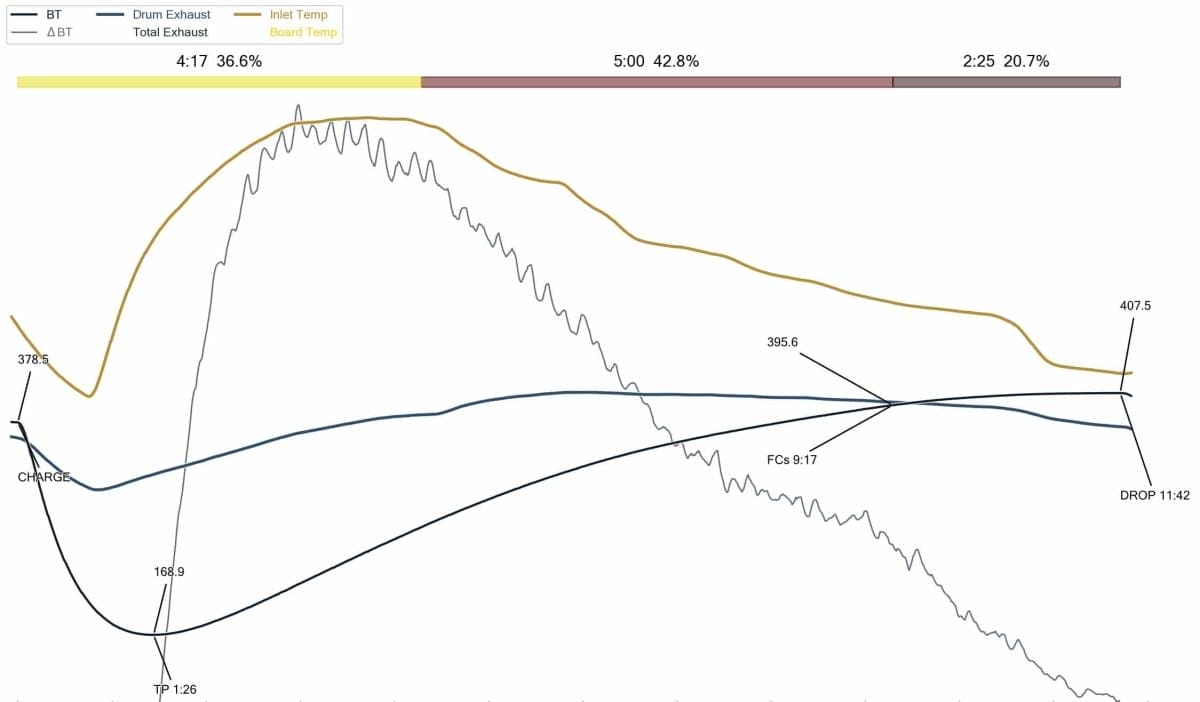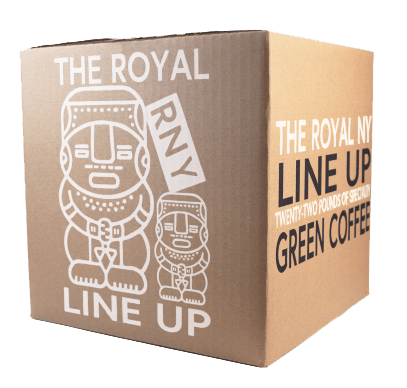No products in the cart.
Coffee
Roast Analysis: Ethiopia Natural Sidama Durato Bombe Gr.1 RNY#44401

This coffee is a collection of cherries picked by 626 farmers in the Durato area of Bombe kebele, named for the mountain on which the village was settled. The cherries are processed at the Qunqna mill using the traditional dry or natural processing style. For more information about natural processing, see our post HERE.
This coffee was brought to us by our partners at Daye Bensa Coffee. Founded by brothers Asefa and Mulu Dukamo, Daye Bensa operates 16 washing stations and 4 dry mills across Sidama. For more information about coffee in Ethiopia, see our post HERE.

We expected this to be a very fruity and sweet coffee because it is a Grade 1 Natural from Ethiopia. The screen size is relatively small as is common with heirloom varieties from the region. The beans are dense, a combination of the variety and the high elevation of Bombe mountain. Moisture content is average indicating the processing and shipping conditions were dry and nothing was irregular.

For this coffee, we wanted to highlight the fruitiness while developing a syrupy body and a lot of sweetness. Because of this coffee’s high density, we used a relatively high initial heat application so the coffee would begin to yellow quickly. In order to increase our sweetness and body, we decreased our gas quickly after yellowing in order allow the coffee to spend more time browning. This would allow for more caramelization and more maillard reactions to occur. The result was First Crack at 9:17 and a Total Roast time of 11:42 with 20.7% development to preserve some of the coffee’s vibrant acidity. The roast was a light-medium at 407.5F on our Diedrich.
On the cupping table, this roast tasted of blueberry, strawberry, plum, with a lingering brown sugar sweetness. This coffee is versatile and faster roasts would produce a more prominent citric acidity with a lighter body.



